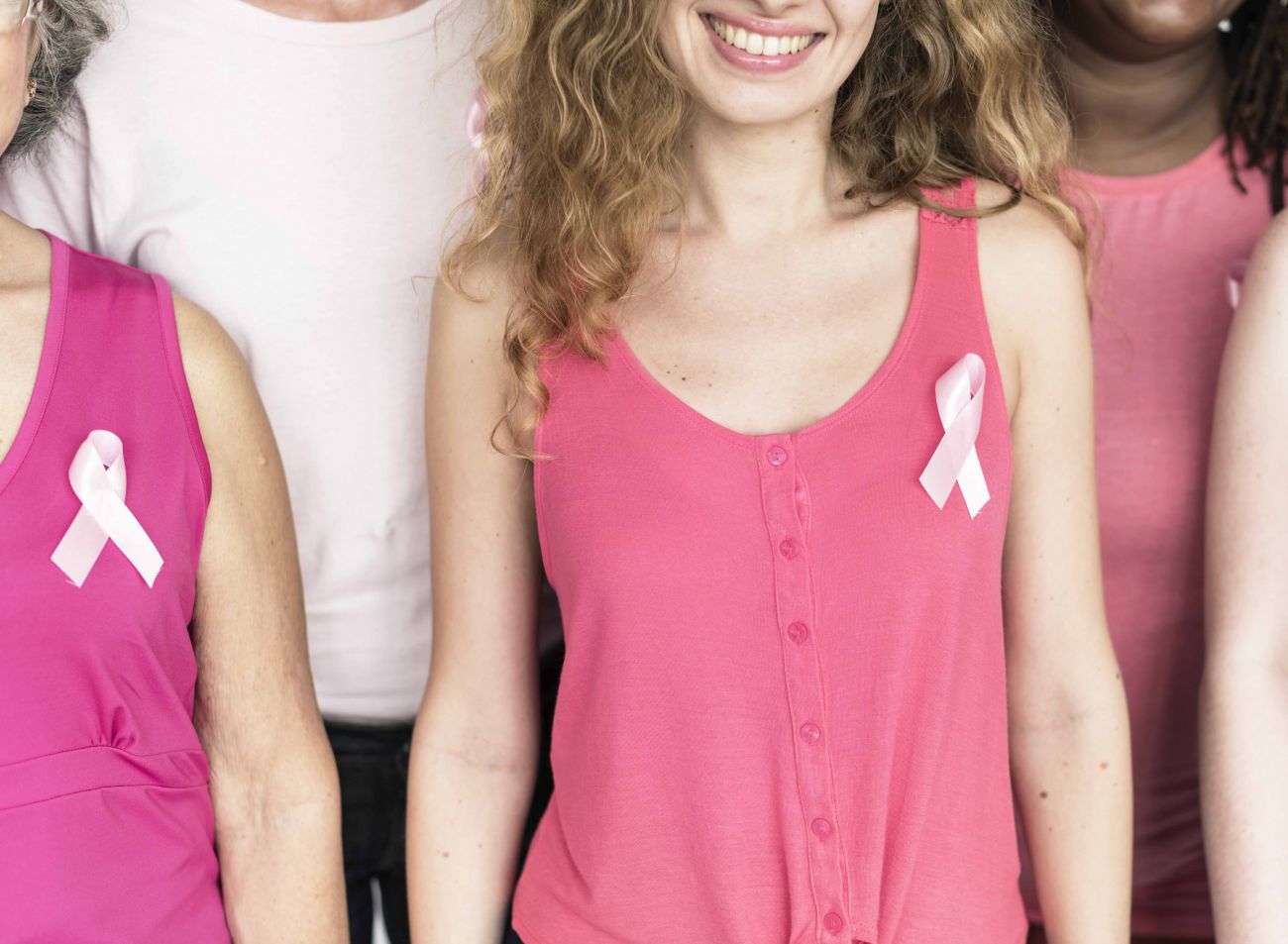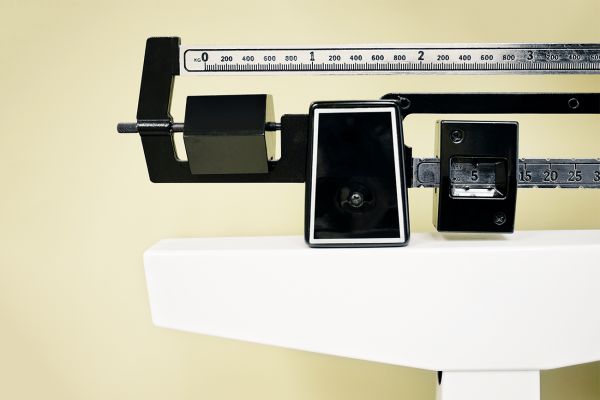It’s that time of year again. Pumpkin spice is everywhere, the leaves are crunching underfoot and the geese are flying for warmer weather. As you look around, you will also see pink everywhere – on NFL players, on packages in stores and on light posts on Main Street: October is Breast Cancer Awareness month.
Breast cancer is the most commonly diagnosed cancer in women in the United States. In Western New York, we know that women here get breast cancer at rates higher than the rest of the state and the country at large. Roswell Park Comprehensive Cancer Center encourages women to get mammograms every year starting at age 40. Mammograms lead to earlier diagnosis, which allows for the best possible chance at recovery and cure, and it sometimes allows for less extensive surgery and treatment.
Some women might read this and ask, “Ok, I get my mammogram, but what else can I do?”
That’s an important question. Everyone is at risk for developing cancer, but a lot of the risk factors tied to breast cancer are not things we can change. For example, getting older and being a woman are two key risk factors. Although luck and genetics also play a role, a growing body of research strongly suggests that by making healthy choices, you can decrease your cancer risk.
However, there are some things that women can do to lower their risk of breast cancer:
- Maintain a healthy weight. Fat tissue contains estrogen, and the more estrogen a woman is exposed to in her lifetime, the higher her risk of breast cancer. An obese woman has a higher risk of developing breast cancer than an overweight woman, and an overweight woman has a higher risk than a lean woman, particularly after menopause. Talk to your doctor about what a healthy weight is for you.
- Exercise. Various studies show that women who exercise have a lower risk of breast cancer than those who are sedentary. According to the National Cancer Institute, 4 hours of exercise per week (or just 34 minutes a day) can reduce your breast cancer risk. This can include a wide range of exercises, from walking to weight training to yoga. Research at Roswell Park has also shown an association with better survival for breast cancer in women who exercise. The good news is that the benefits of exercise extend beyond lowering your breast cancer risk. Exercise also lowers your risk for diabetes, heart disease and stroke. It also improves your mood, reduces depression, increases sleep quality, and reduces arthritis symptoms, to name just a few other benefits.
- Reduce your alcohol consumption. Although research once suggested that a glass of wine a day could lower your risk of heart disease, current data clearly show that alcohol consumption is linked to a higher risk of breast and other cancers. The more you drink, the greater the risk of breast cancer. Although there is no need to worry about an occasional drink, routine drinking is more of a concern.
- Eat healthy. A diet rich in vegetables, whole grains, and fruits can not only reduce your cancer risk but also help you achieve and maintain a healthy weight.
- Breastfeed. Women of childbearing age can reduce their breast cancer risk by breastfeeding. This is especially important for African-American women, as there is new science available that tells us breastfeeding protects against triple-negative breast cancer, which is a more aggressive kind of breast cancer that is more common in African-American women.
Research about what leads to breast cancer and how it can be prevented, found earlier, and treated more effectively is ongoing. At Roswell Park, researchers are investigating risk factors for more aggressive (e.g., estrogen receptor-negative and triple-negative) breast cancers and why African-American women are more likely to be diagnosed with these types of cancers. Roswell Park investigators are also studying how immune responses may vary by race and how to improve individual responses to treatment.
A growing body of research strongly suggests that women who make healthy lifestyle choices can decrease their breast cancer risk. Make sure you are taking steps to reduce your risk. Talk to your doctor, and get your annual mammograms as recommended.



